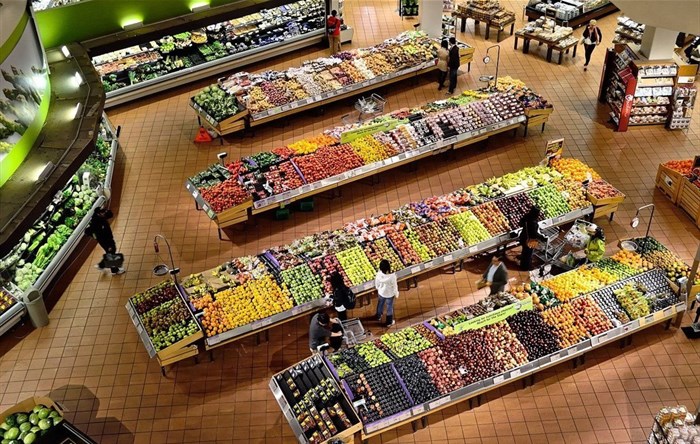
Top stories



ESG & Sustainability#BudgetSpeech2026: SRD grant unchanged, other Sassa social grants see hike
15 minutes


ESG & SustainabilitySouth Africa’s carbon tax should stay: climate scientists explain why
Britta Rennkamp et al. 1 hour

More news



















The International Bar Association recently held its annual conference where the Agricultural Law Section focused on the consumer's right to opt-out of climate un-friendly food. Climate change is certainly not a new concept and the United Nations Framework Convention on Climate Change has been in place for a number of years, however, there is a strong, global push for the economic recovery from Covid to be a green one. The right to 'opt-out' of climate-unfriendly food is an example of this trend which is likely to have a direct effect on South Africa's export-orientated agricultural sub-sectors.
In a nutshell, the movement is calling for regulatory mechanisms and compulsory disclosure that will enable a consumer to make informed decisions about the carbon footprint of the products they buy. This is no easy feat to accomplish but South African companies will have to, and are already in many instances, adapting to the challenges through innovative means.
Information is key in South Africa's globalised agricultural market. The entire premise of the right to know movement relies on consumer's being able to access all of the relevant information relating a product.
Many South African companies are already making use of blockchain technology whereby a consumer can scan a PR code to find out which country or region a product came from and whether the company that produced or exported the product complies with global ethical trade certifications such as Global Gap, indicating that they comply with labour and environmental standards.
These developments have largely been driven by consumer demands in developed countries but the Right to Know movement is pushing regulators to make it a legal requirement in markets dominated by developed nations. South African companies should be well placed to adapt as many have embraced this technology for a number of years.
Collecting and supplying the relevant information may prove a bit trickier as there is little consensus regarding what precisely 'climate-friendly' actually means. Compliance with our domestic environmental legislation is given and ethical trade bodies usually require proof of all the required environmental authorisations for certification.
What is acceptable beyond mere compliance is a topic of constant debate and one in which South Africa has been a bit too quiet. For example, environmental activists regard the use of any chemical fertilisers, herbicides or pesticides as environmentally unfriendly. On the other hand, does this not unfairly discriminate against subtropical regions with marginal soils or endemic pests? Does it not provide countries with a temperate climate with an unfair advantage?
Likewise, there is a growing perception that plant-based diets are climate-friendly and meat-based diets are not. Methane generated by livestock may be a contributing factor to climate change but are the calls based on the best available information? Does this not again discriminate against water-scarce countries where extensive grazing systems are the only viable agricultural options? Would it not discriminate against indigenous farming practices that are intertwined with cultural practices? These issues remain unanswered.
...the sector has a good story to tell and the 'right to know' may well provide it with the platform required to do so.
Developed countries will come under increased pressure to respond and legislate compulsory disclosure. Whilst this no doubt holds risk for the export-orientated sub-sectors of agriculture, it could also be seen as an opportunity to educate consumers and influence the debate as to what constitutes climate-friendly food. It is also a good opportunity to showcase the significant strides that many South African companies are making.
A recent IFC study confirmed that South African agribusinesses are world leaders when it comes to water use efficiency. Whilst we should continue to provide inputs into the global debate around climate-friendly food, the sector has a good story to tell and the 'right to know' may well provide it with the platform required to do so.
Source: Agibiz via Farmer's Weekly